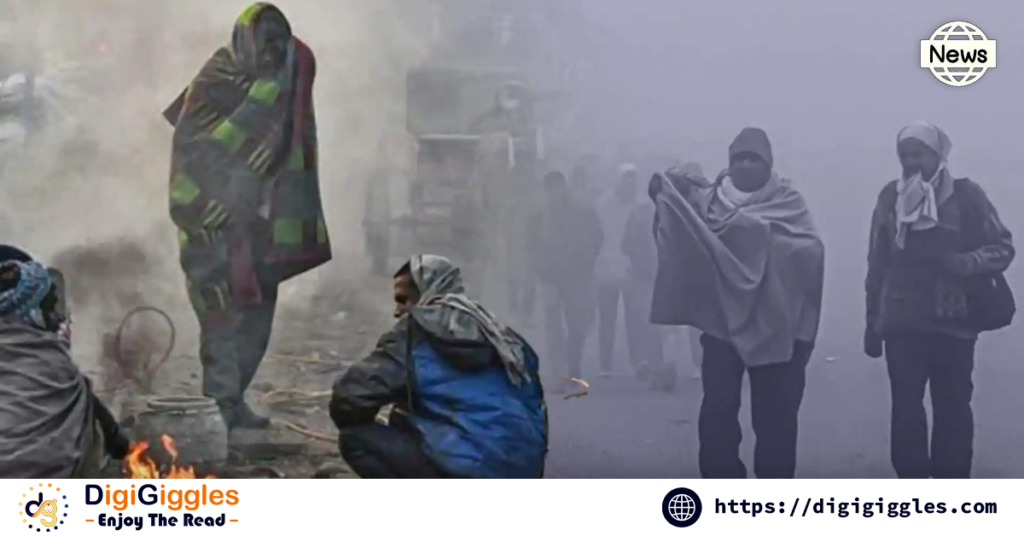
Delhi’s air quality plunged into the ‘severe’ category this week, painting a grim picture of the capital’s ongoing battle with pollution. Coupled with a biting cold wave, the city is witnessing an unprecedented influx of residents seeking refuge in government-run night shelters. The double blow of hazardous air and freezing temperatures has exacerbated the plight of the underprivileged and left authorities scrambling to provide relief.
Air Quality Hits Alarming Levels
The latest data from the System of Air Quality and Weather Forecasting And Research (SAFAR) revealed that Delhi’s Air Quality Index (AQI) soared beyond 450, marking it firmly in the ‘severe’ category. Experts attribute this deterioration to a combination of factors, including stubble burning in neighboring states, vehicular emissions, and industrial pollution. The dense smog has reduced visibility, causing disruptions in road and air traffic while posing severe health risks.
Dr. Arvind Kumar, a leading pulmonologist, warned, “Prolonged exposure to such polluted air can lead to serious respiratory and cardiovascular issues. Vulnerable groups like children, the elderly, and those with pre-existing health conditions are at heightened risk.”
Cold Wave Worsens the Crisis
As if the toxic air wasn’t enough, a chilling cold wave has gripped the city, with nighttime temperatures dipping to 4°C. This has pushed the homeless and those living in poorly insulated dwellings to seek warmth in night shelters. These shelters, run by the Delhi government, have reported full occupancy in recent days. Several residents have expressed relief at the facilities but also raised concerns about overcrowding and hygiene.
Ramesh, a daily wage laborer who recently moved to a night shelter, shared, “The cold is unbearable, and the pollution makes it hard to breathe. I’m thankful for the shelter, but there’s hardly any space left.”
Government and Public Response
In response to the crisis, the Delhi government has intensified its efforts to combat pollution. Measures include the suspension of construction activities, a crackdown on industrial polluters, and the sprinkling of water on roads to curb dust. Additionally, authorities are distributing N95 masks to vulnerable populations and ramping up the capacity of night shelters.
Meanwhile, citizens are doing their part by avoiding outdoor activities, using air purifiers at home, and carpooling to reduce vehicular emissions. Environmental activists, however, stress the need for long-term solutions, such as a shift to renewable energy and stricter enforcement of pollution control laws.
A Call for Action
The current situation in Delhi is a stark reminder of the urgent need to address both pollution and climate change. As residents endure these harsh conditions, the question remains: how long can temporary measures suffice? Comprehensive, sustainable actions are the only way forward to ensure a breathable and livable city for all.For now, Delhiites continue to brave the toxic air and biting cold, hoping for clearer skies and warmer days ahead.